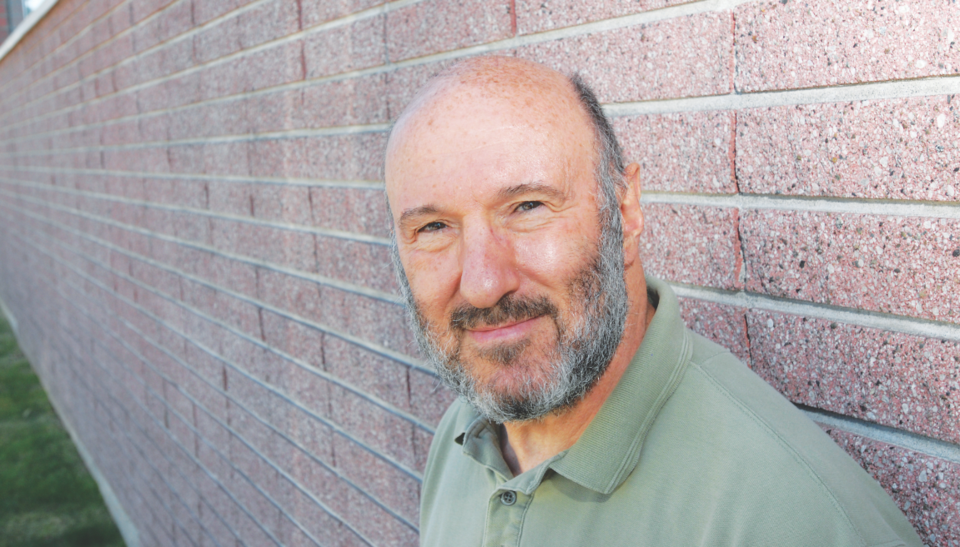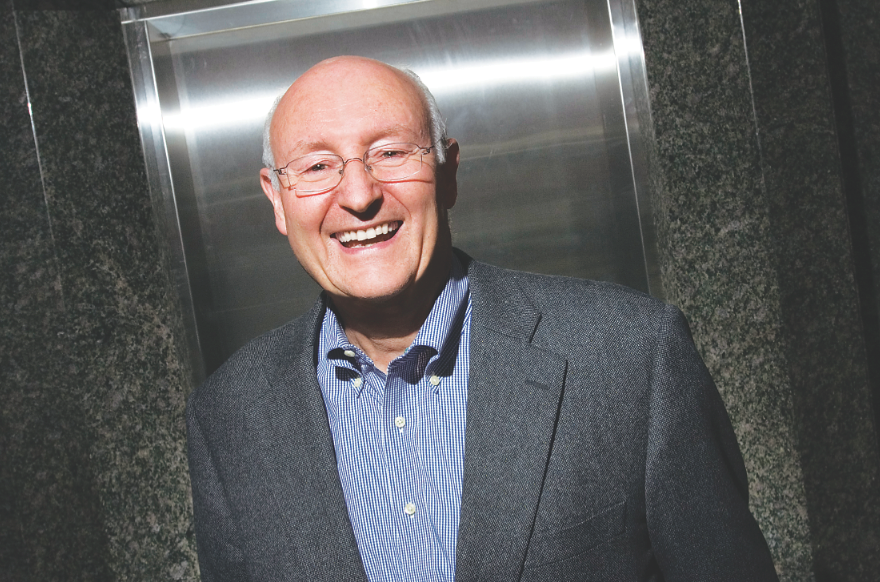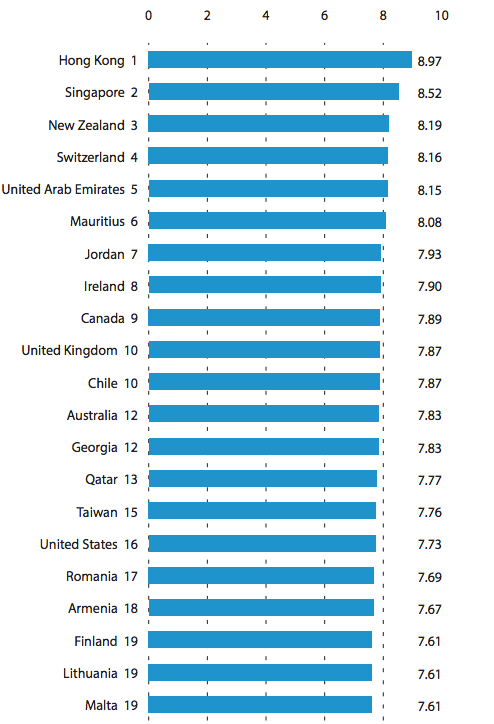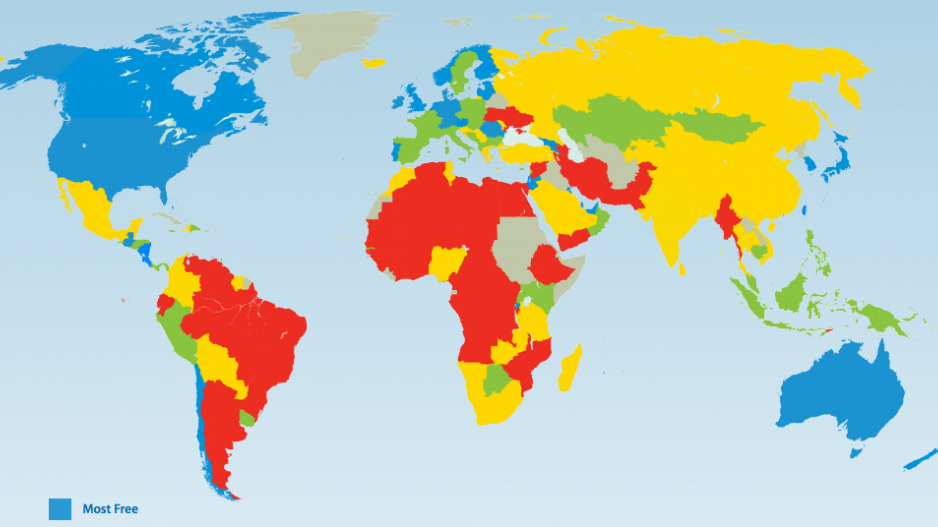When the Fraser Institute released its Economic Freedom of the World report last month, economists expected that controversy might surround the perennial selection of Hong Kong as the place where residents have more economic freedom than anywhere else on the globe.
They did not expect that an email feud would erupt between a former senior economist at the Vancouver-based think tank, Walter Block, and the institute’s founder and former executive director, Michael Walker, with each man claiming responsibility for initiating the project back in 1996.
Block launched the exchange by responding to a mass email from Fraser Institute fellow Fred McMahon, who noted that the project would not exist without “its founder,” Walker.
“I ‘initiated the economic freedom project,’ not Mike Walker,” wrote Block, who is now an economics professor at New Orleans’ Loyola University.
“I suggested it to [Walker], my boss at the time, and he, typically, continually tries to take credit for it.”

(Photo: Loyola University economics professor Walter Block claims he suggested the idea to create an economic freedom index when he worked at the Fraser Institute in the 1990s | BIV archives)
Block then goaded Walker into responding by including Walker in the email’s recipients and asking, “Have you no shame?”
Walker acknowledged Block’s early involvement, as well as the involvement of many others, in an emailed response.
“I, as ‘your boss’ assigned you to work on that project as I did on many others. And then I spent a good deal of my time raising the money so that you could do that work,” Walker wrote.
The first edition of the economic freedom index credited Block as one of the originators, Walker wrote, and then Block's name was left out of future editions because Block “could not work amicably with the others,” who asked that Block’s name be removed, according to Walker.
“In some ways I feel privileged to be in the company of Milton [Friedman] and Professor [Friedrich] Heyak as people you disparage,” Walker wrote to close his email.

(Photo: Michael Walker founded the Fraser Institute in 1974 and was executive director until 2005 | BIV archives)
Block retorted by saying that he advises students about the dangers of working for a free-market think tank like the Fraser Institute “mainly as a result of my experiences with you.”
Contacted by Business in Vancouver, Walker chuckled with mystification about the email exchange, which was published on the Economic Policy Journal website.
“In the early days, when Walter was involved, we ranked very few countries in the index and we had very few variables because we hadn’t done enough work or there hadn’t been the work by the World Bank and others to produce the data that we could use,” he said.
One of the people who helped determine how to define economic freedom and determine what metrics to use, Walker said, was Friedman, who won the 1976 Nobel Prize in economics.
“Now we’re using 42 to 43 variables,” Walker said.
Following Hong Kong, the next most economically free places to live are Singapore, New Zealand, Switzerland and the United Arab Emirates, according to the report, which is now co-published with 85 other institutes around the world.
Canada ranks No. 9 and Walker said that Canada has consistently been ranked in the top ten for the past decade or more.
Here is the ranking of the top 21 countries in the 2015 Economic Freedom of the World report:

“What has happened through the years is that the U.S. has dropped very considerably down to No. 16,” Walker said. “The U.S. used to be in the top three or four countries.”
Things such as the U.S. Federal Reserve’s monetary policy of quantitative easing as well as a decline in the rule of law are contributing factors to the U.S.’s decline as a place where people are economically free, Walker said.
The five major areas that the economic freedom index considers are:
•the size of government;
•the legal system and property rights;
•sound money, or a stable, credible currency;
•freedom to trade internationally; and
•regulation and restraints.
“We only measure economic freedom in the economic freedom index,” Walker told BIV. “People then said, ‘look over at that country that has a good economic rating. Look how it treats its people, or women or gay people. So, we created the human freedom index.”
The Fraser Institute released the 2015 Human Freedom Index in August. It, similarly, is co-published with many other institutes, such as the Cato Institute and the Friedrich Naumann Foundation for Freedom.
Walker explained that this index measures freedom from things such as violence or discrimination but not other kinds of freedom such as the freedom from poverty.
That freedom, he explained, requires redistribution and taking wealth from others.
Here is Economic Freedom of the World report and the Human Freedom Index .




